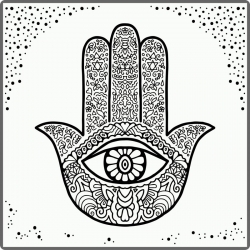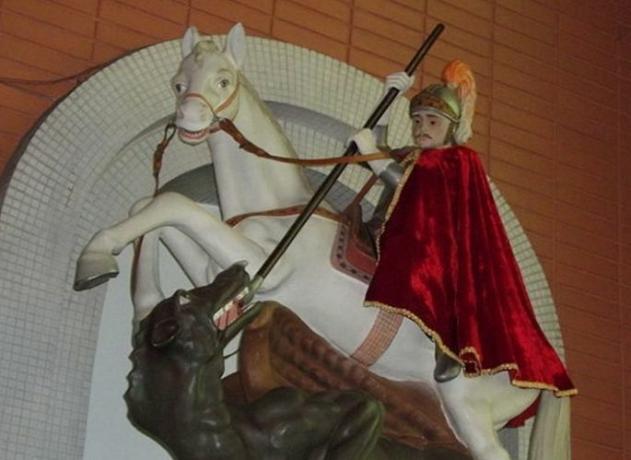Shango is entity (Orixá) widely worshiped by the Afro-Brazilian religions, being considered a god of justice, lightning, thunder and fire, as well as being known as the protector of intellectuals.
Compared with other deities, Xango would be the equivalent of Zeus, for the Greeks, Tupan, for the Tupi-Guarani, Jupiter, in Roman mythology, or Odin, for the Scandinavians.
This orixá is considered the master of wisdom, generating the power of politics and justice. Believers in its existence resort to it to solve problems related to documents, studies, intellectual works and so on.
Etymologically, Xango is a word of origin yoruba, where the suffix "Xa", means "sir"; "angô" (AG + NO = "hidden fire") and "Gô", can be translated to "ray" or "soul". Therefore, "Xango" would mean "lord of the hidden fire".
According to legend, Xangô was the king of Òyó - the region that is now Nigeria - and had an authoritarian and violent character, in addition to being extremely virile, bold, vain and vigilante. Known for practicing a hard justice, fair and blind, like a rock - which incidentally is another element that represents it: the rock.
THE umbanda it's the candomblé, religions of Afro-Brazilian origin, have celebrations and cults in honor of Xangô, who is considered a Yemanjá son and married to three other deities: Iansã, Oxum and Obá.
The "Ax of Xangô" or Oxé, is the main symbol of Xangô. The weapon is a two-bladed ax that, when their "children" (people who within the Umbanda and Candomblé cults embody the spirit of Xangô) are in a trance, they carry it with their hands.
The orixás are ancestors deified by the candomblé, a religion brought from Africa to Brazil, during the 16th century, by the people yoruba. Among the various orixás, in addition to Xangô, are Ogum, owner of iron and fire, defender of law and order, opening paths and winning fights, protecting the weakest; Exu, is the lord of principle and transformation, is the most important figure in culture yoruba, the guardian of villages and cities. However, in the Christian religion he is confused with Satan, an evil god, who is concerned with sowing discord among human beings.
In Brazil, each orixá was associated with a saint of the Catholic Church, in a practice that became known as religious syncretism. Xangô is syncretized as São Jerônimo, Santa Bárbara and São Miguel Arcanjo.
See also:
- Candomblé
- Oxum
- Yemanja
- ogun
- Oxossi


